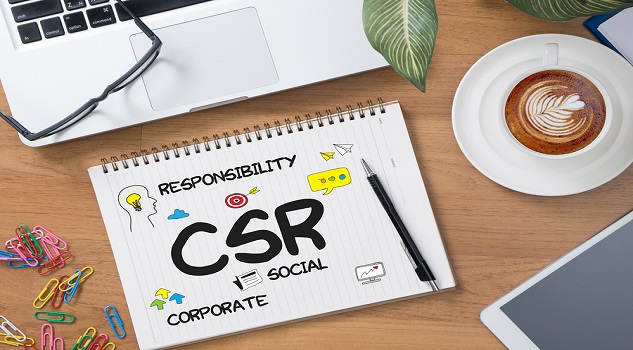James Dutton is the founder of Nutricare, a small Victorian business whose world-first 100 per cent compostable wound care solution PATCH is now distributed in 32 countries.
ISB: With so many businesses these days claiming a focus on sustainability, how do you really advocate and practise it?
JD: The importance of sustainability should be prioritised and ingrained in every organisation. It’s great that so many businesses are finally jumping on board. Sustainability is at our core and the essence of our corporate mission. Our product development is where we can make the biggest impact, so this is where a tireless amount of effort goes to ensuring that the commercialisation of our products creates minimal negative impact on the Earth.
ISB: How were you able to utilise sustainability in a way that enabled you to disrupt your market?
JD: My wife was using bamboo with her baby wipes business, so I knew all about the benefits of sustainable materials in fast-moving consumables. From there, and through my personal experience with my son’s allergic reaction to common wound care solutions, I saw a great opportunity to combat the disgusting amount of waste that is produced in the medical industry. We developed PATCH, a fully sustainable and compostable wound covering. Disrupting the market with sustainability seems like a simple idea but can make a huge impact on society and the environment.
“Disrupting the market with sustainability seems like a simple idea but can make a huge impact on society and the environment.”
ISB: What primary marketing channels helped you achieve such rapid growth?
JD: Social media was definitely an impactful way for us to get our message out. However, a huge part of our marketing has been around supporting our retailers, specifically by providing effective point-of-sale materials. We do trade shows nationally and internationally to get that one-on-one with buyers and really connect with our customers. Additionally, Nutricare has gained street cred from winning national and international awards.
ISB: How do you strike a balance between sustainability and achieving healthy returns for the business?
JD: Luckily today the scale of economy is shifting to be more favourable for sustainability where it was previously a niche market. Although there is no doubt that our products cost more to manufacture when compared to the big guys, we make a healthy return that has allowed us to continue to grow and prosper. Ultimately, we have clear requirements for both product quality and pricing, so there is always lots of work to ensure that our requirements on both sides are met.
ISB: What has been the motivation to position PATCH as a social enterprise that supports a number of different causes?
JD: Ultimately, it’s part of our business ethos to help where we can. We believe that if every organisation had this mentality then the world would truly be a better place. Simply put, if you can help, you should help, at least in some way.
What I like about the way that we give is that we do it on our terms, not because we are in a restrictive environment that exists with many charities. When an opportunity to help comes up and we are in a position to do so, then we do. This is not so much a strategic angle, just our motto that “When we can help, we do help”.
ISB: You have just launched a new product called STRAP – what does this product offer?
JD: STRAP is something that has been simmering on the back burner for the last year, so we are very excited to get this product to market. Not just because it is a great product that is bound to open people’s eyes to the horrible amount of waste that is generated every day in the sports and rehabilitation sector, but also because it will alleviate the struggles for many people who suffer from irritations to other commercial tapes..
This story first appeared in issue 26 of the Inside Small Business quarterly magazine.
















